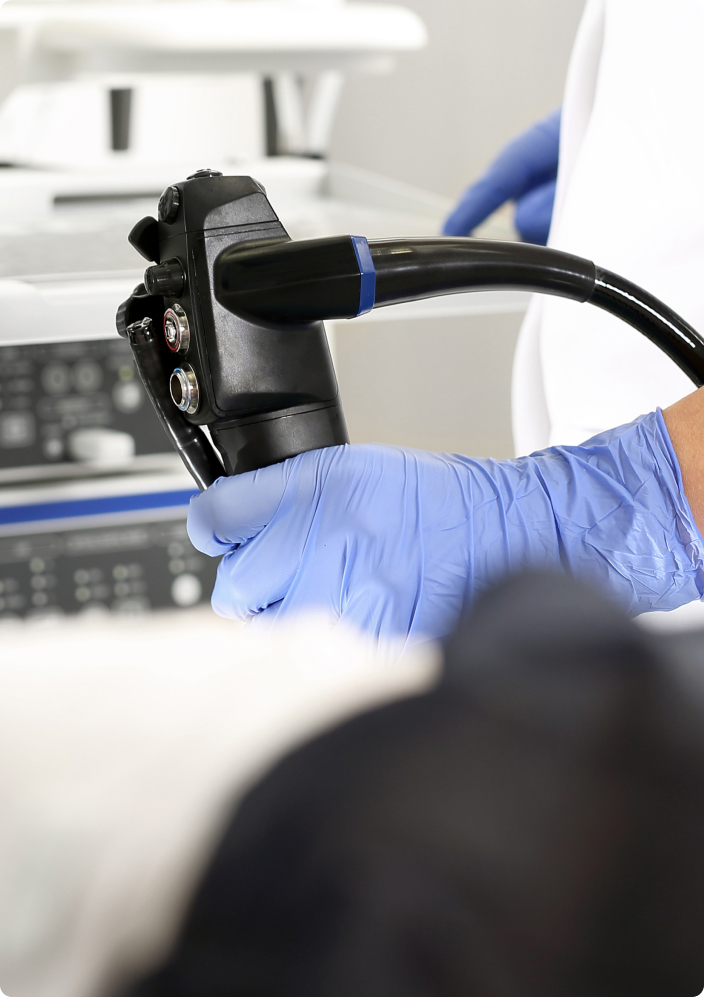

As its name suggests, rectal cancer refers to malignant tumours and growths in the rectum. Even though the rectum is closer to the anus, its close proximity to critical organs such as the bladder, prostate, uterus or vagina can cause surgical removal of polyps to be challenging.
If left untreated, cancerous cells in rectal polyps can metastasize and spread to other parts of the body.
Colonoscopy can be used to remove rectal polyps when detected in the early stages.



What are Some Symptoms
of Rectal Cancer?
Early onset of rectal cancer may not have any obvious symptoms. But some early warning signs that you should be on the lookout for include:
Some of these symptoms may be caused by other less serious conditions such as ulcers or haemorrhoids (piles), but they should still be discussed with a doctor. Some symptoms may not develop until the disease has progressed and surgery then will be more complex and riskier.
How is Rectal Cancer Treated?
In rectal cancer, surgery may be performed before or after chemotherapy and radiation therapy.
The type of technique or operation that we recommend will depend on the stage of cancer, position of the tumours and your general health.
What are the Risks Involved in Rectal Surgery?
There will be initial pain after the operation, and this will be manageable with prescribed pain medications. We discourage patients from consuming solid food within a couple of days after the surgery to allow the wound to heal better.
Some side effects such as bleeding and blood clots may develop, depending on the patient’s overall health and the type of surgery performed. In cases where the colon is reattached to the rectum or anus, there may be a leak stemming from a reopened incision, but this is very rare and can be fixed by surgery.
In the hands of our certified and experienced surgeons, these risks will be greatly minimized.




Mount Elizabeth Medical Centre, Singapore 228510











